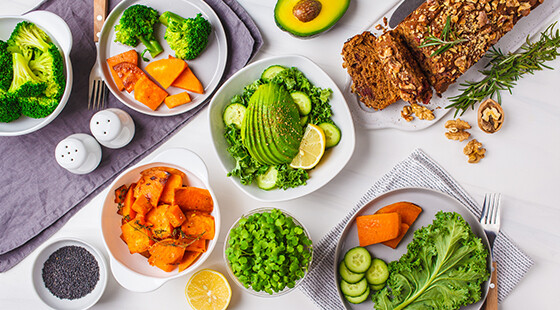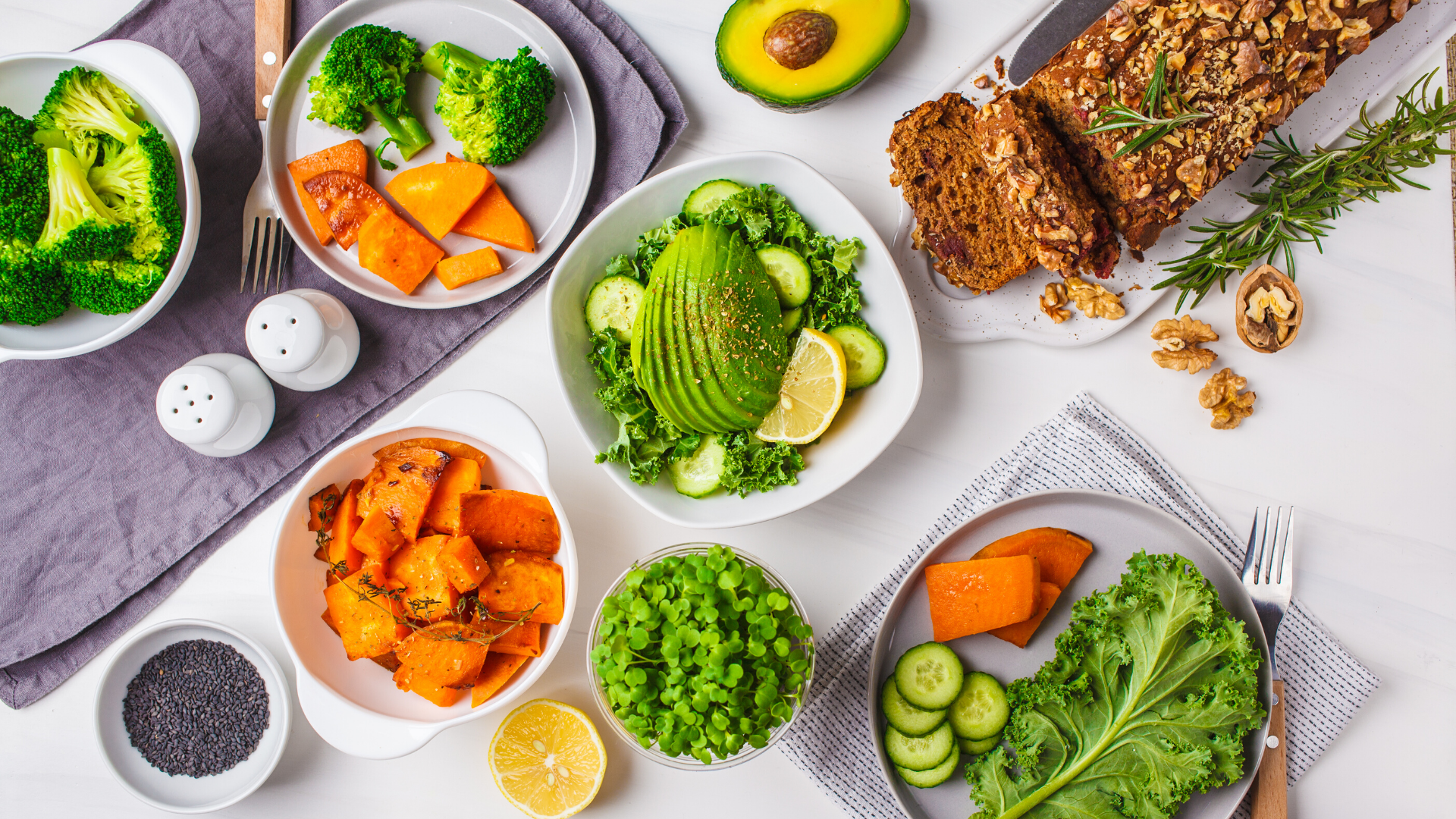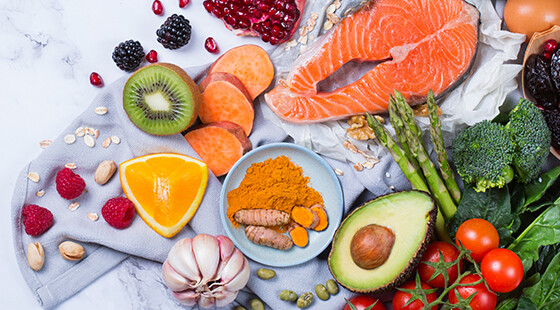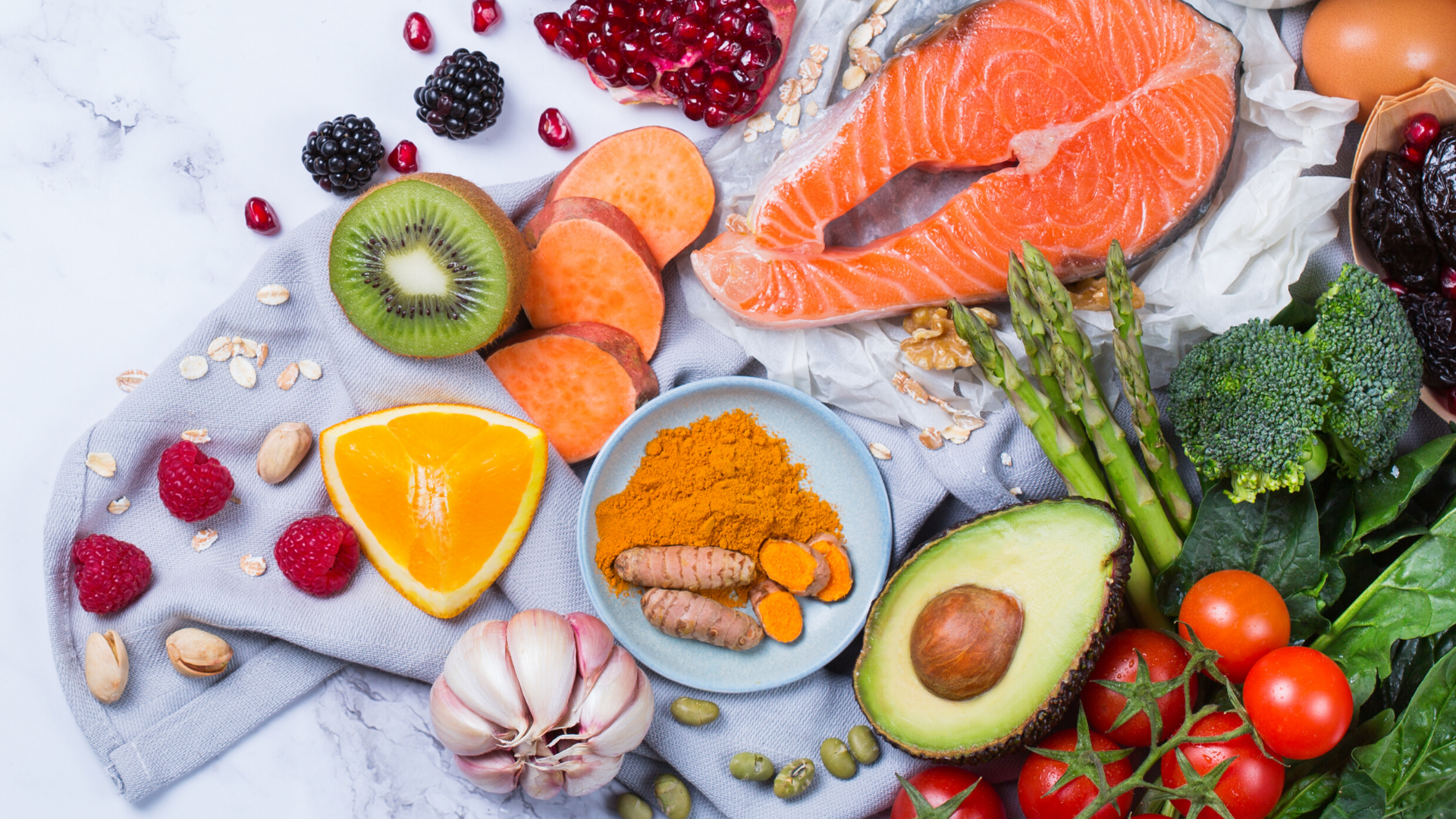
The Impact of Psychological Stress on Cancer Growth

Cancer is the leading cause of death in Canada and is responsible for 28.2% of all deaths in Canada. The statistics show that more than 2 in 5 Canadians (44% of men and 43% of women) are expected to develop cancer during their lifetime with lung, prostate, breast and colorectal cancer making up of 40% of all new cancers.
There are many contributing factors to cancer development – including genetics, environmental exposure, dietary choices, and lifestyle – but one factor that often gets overlooked is psychological stress, also known as emotional stress.
It has been well-documented that psychological stress can be a major contributing factor for many major illnesses and diseases, and unfortunately this can include the “big C” – cancer.
Stress & Cancer
When you look at the relationship between stress and cancer, the research is somewhat varied. Some experts suggest that stress can cause cancer, while others believe it may only contribute to the condition.
Stress is inevitable, and we actually need some stress in our lives. In short doses, stress can actually be healthy for us! However, research has shown that chronic, long-term stress (which in the last couple years has been something that many of us have experienced) has been found to promote and facilitate the development of cancer. This is because stress can weaken the body’s necessary functioning including immune response, and our immune system is largely responsible for keeping cancer at bay (2).
Research has also found that stress may have a greater impact on people who have already been successfully treated for cancer. In one study, researchers found that stress may reactivate dormant tumor cells, causing cancer to return in those in remission (3).
Therefore, managing stress by reducing exposure to stressors and having healthy coping mechanisms might not only help prevent cancer development but also help to reduce the risk of coming out of remission!
Coping with Stress
If you do have a lot of stress, it is important to consider one’s reaction to stress, as this may also make a difference in the susceptibility to disease. When individuals have better stress management strategies and healthy coping mechanisms in place, then their susceptibility to disease is lessened. In short, in most instances it is our reaction to a stressor that is more meaningful to our health outcomes than the details of the stressor itself.
If we find ourselves in stressful situations or environments, and feel that we have little or no control over them, this can result in feelings of hopelessness, helplessness, despair, and depression. These are the types of negative feelings can impact our bodies and predispose us to illness.
So, let’s take a deeper dive into how stress manifests into cancer…
How Stress Contributes To Cancer Growth
When we are under stress, we illicit the “fight or flight” reaction. When this occurs our limbic system (the part of our brain above our brainstem, and the area of the brain responsible for emotions) records stress, depression, and despair; and its effects on the body experienced by an individual. This leads to a response with the hypothalamus (a small region of the brain that acts as our endocrine system’s switchboard).
The messages the hypothalamus receives from the limbic system are translated to two areas of the body – the immune system and the endocrine system. The area that is most responsive to emotional stress is the immune system and regulating the pituitary gland that in turn regulates the remainder of the endocrine system (hormonal system). This is significant because an imbalance of the adrenal hormones will create a greater susceptibility to carcinogenic substances.
The result of such a hormonal imbalance can be an increased production of abnormal cells in the body and a weakened ability of the immune system to combat these cells. Our immune system is the body’s natural defense system, and it is designed to contain or destroy cancerous cells – which are normally present in the body on occasion. If the immune system is suppressed and can no longer perform the duties of containing or destroying cancer cells, it can result in the growth and proliferation of cancer cells. With this sequence of events related to stress and psychological changes, an optimal environment is now created for cancer growth.
It’s clear, emotional stress plays a huge role in suppression of the immune response, leaving the body susceptible to the development of cancer.
So, what do we do about it?
How To Better Manage Our Stress and Emotions To Help Prevent Cancer Growth
There are many strategies you can implement to support the reduction of your stress responses:
- Yoga or mediation
- Walking in nature
- Listening to relaxing instrumental music
- Deep breathing
- Balancing blood sugars
- Using adaptogenic herbs such as ashwagandha or Siberian Ginseng
- Supplementing with Magnesium Bisgycinate
Additional Resources
Stress management and cancer prevention are topics that are relevant to nearly all of us. As a result, we’ve written many more resources to help you navigate and apply diet and lifestyle choices that support your health.
- As identified in this article negative thought patterns and emotions impact our hormones and immune system, so developing positive mindset can be helpful. You, too, can learn how to develop some health positive mindset strategies.
- Managing stress is key to health, so we’ve outlined some more stress management strategies.
- Dietary changes that better manage stress hormones is also of vital importance to health. When blood sugars fluctuate too widely our bodies naturally produce the stress hormone cortisol. You can read more about the best foods to manage stress.
- Maintaining a diet that supports blood sugar balance is another factor in preventing disease. We’ve shared the 4 easy steps to achieving a balanced diet.
- For more on dietary strategies research shows are cancer preventative, check out 5 Nutrition Strategies for Cancer Prevention.
- We’ve also listed our favourite foods to help prevent cancer in our article Top 6 Cancer-Preventative Foods.
We hope some of this information encourages you to do what you can to manage stress, prevent cancer, and live as many health-filled years as possible!
References
- https://www.researchgate.net/publication/354519586_Stress_and_cancer_mechanisms_significance_and_future_directions
- https://www.ncbi.nlm.nih.gov/pmc/articles/PMC7466429/
- https://www.ncbi.nlm.nih.gov/pmc/articles/PMC8085740/









